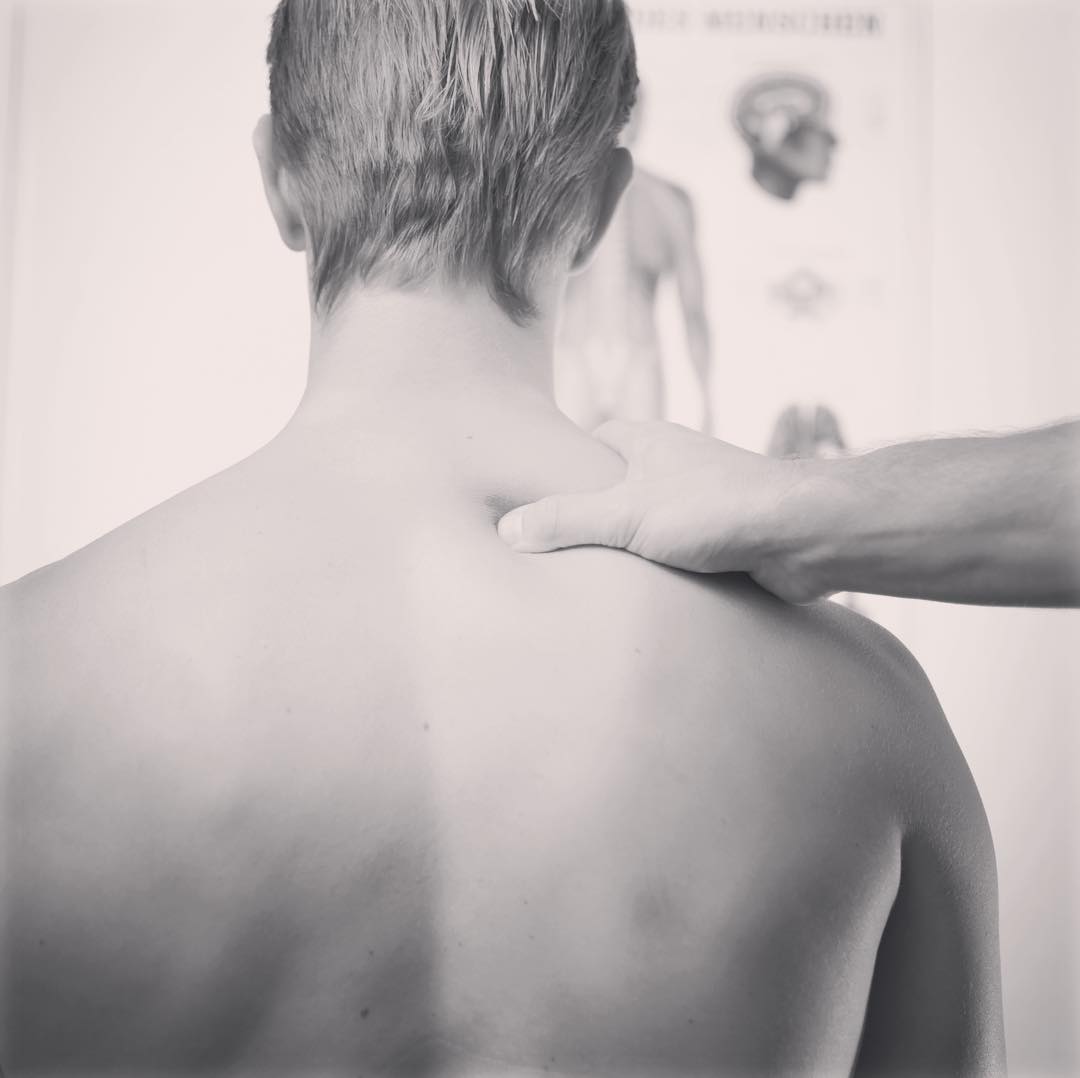Risk Factors for Shoulder Stiffness

“Shoulder stiffness (SS) is a condition of restricted glenohumeral range of motion (ROM), which can arise spontaneously (primary or idiopathic SS, also known as “frozen shoulder”) or as consequence of a known cause, including surgical procedures on the shoulder (secondary and postoperative SS). Numerous risk factors have been described, both for primary and postoperative SS.
Recent research suggests that numerous clinical conditions have been related to the development of SS. These include, but are not limited to hormonal diseases and endocrine disorders (diabetes mellitus, hyperthyroidsm, hypothyrodism), neurological conditions (Parkinson’s), dupuytren’s disease, psychological factors (depression, anxiety), hypercholesterolemia, inflammatory lipoproteinemias and certain medications (protease inhibitors, MMPs inhibitors).
When addressing shoulder pain, it is imperative that other factors are considered. Make sure your healthcare practitioner is taking everything into consideration when deciding how best to treat your shoulder stiffness and pain.
Wishing you wellness,
Mary Clark
